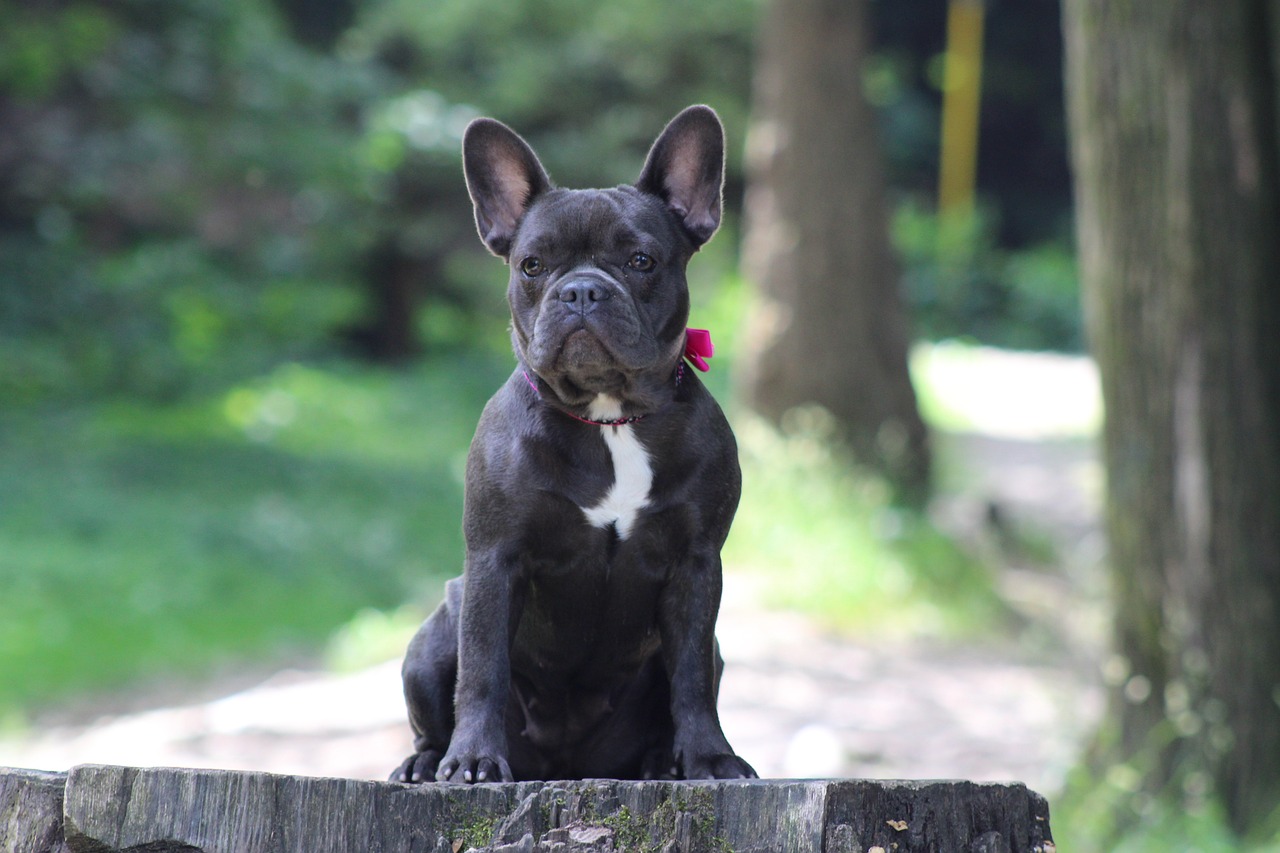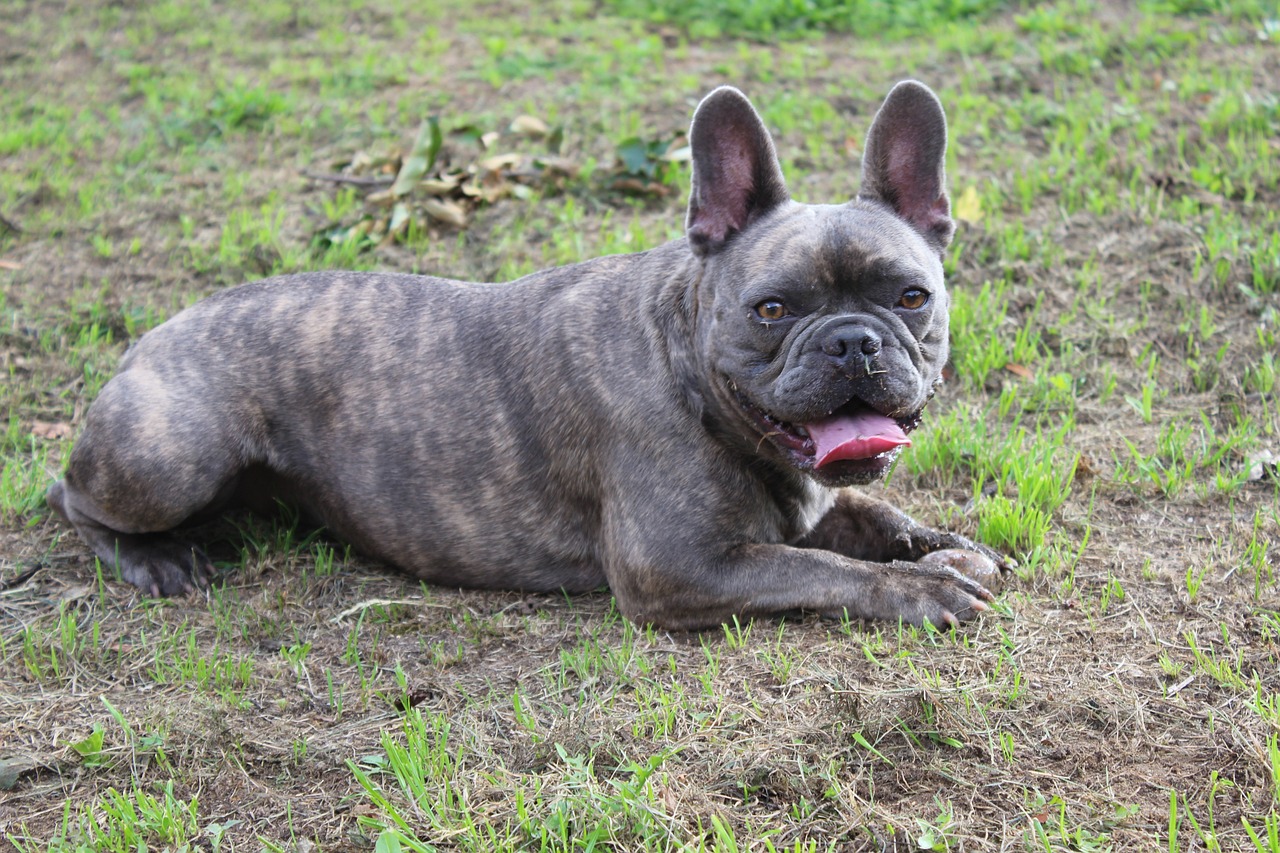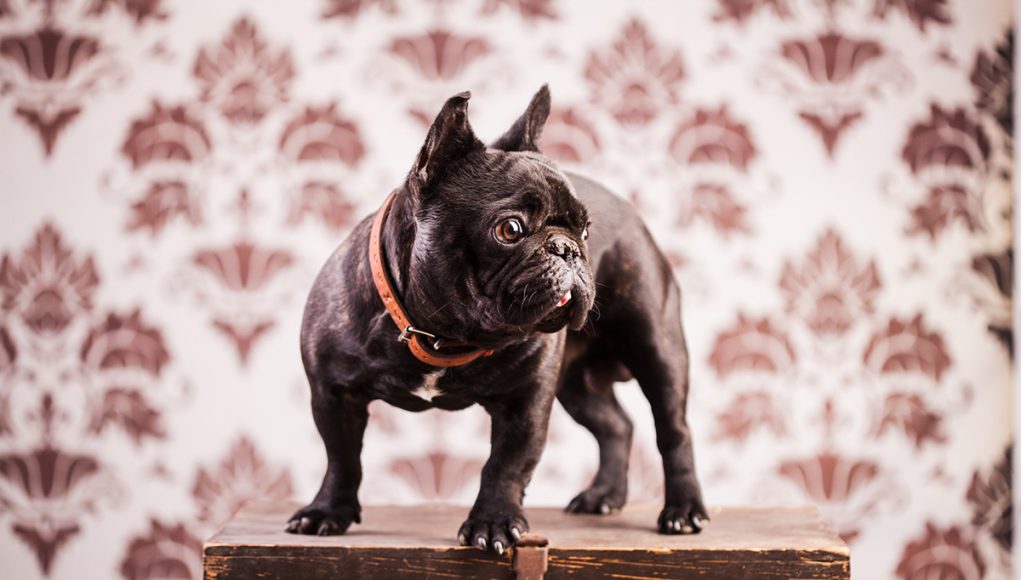The French Bulldog, known for its charming personality and distinctive appearance, has become a popular choice for dog lovers worldwide.
This article aims to provide a comprehensive overview of the French Bulldog, covering its origins, physical characteristics, temperament, care needs, health concerns, and everything you need to know before adopting one.
French Bulldog : A Complete Guide for Dog
Whether you’re an enthusiast or a prospective owner, this guide will give you the essential insights into this beloved breed.
The Origins of the French Bulldog
The French Bulldog’s history dates back to the 19th century, when English lace workers in Nottingham bred smaller versions of the English Bulldog to create a companion dog suitable for city living.
As these workers migrated to France during the Industrial Revolution, they brought their « Toy Bulldogs » with them. The breed gained popularity in France, particularly in Paris, where it became a favorite among artists, writers, and even aristocrats.
Originally bred as a companion dog, the French Bulldog was not intended for work or hunting but instead for providing comfort and companionship. Its distinct bat-like ears and compact size quickly made it a standout choice among city dwellers.
One notable historical fact is that the breed was almost called the « Bouledogue Français » in France, which translates to « French Bulldog, » solidifying its place as a symbol of French charm and style.

The Physical Characteristics of the French Bulldog
French Bulldogs are small yet muscular dogs with a compact build. They typically stand 11-12 inches (28-31 cm) tall and weigh between 16-28 pounds (7-13 kg). The breed has a smooth coat that comes in various colors, including fawn, brindle, white, and a combination of these. Some may also have black masks or patches.
The most distinctive feature of the French Bulldog is its bat-like ears, which stand upright and give it a unique, alert expression. Unlike the floppy ears of other breeds, such as the Cocker Spaniel, the French Bulldog’s ears are firm and erect. Its short, flat nose and large, round eyes also contribute to its adorable, somewhat expressive appearance.
The Temperament of the French Bulldog
French Bulldogs are known for their affectionate and playful nature. They are typically calm dogs, enjoying lounging around with their owners but also showing bursts of energy during playtime.
They are well-suited for families and make excellent companions for both adults and children due to their friendly and tolerant demeanor. However, they can be a bit stubborn, making training require patience and consistency. Positive reinforcement works best with this breed, as they respond well to rewards and praise.
With strangers, French Bulldogs can be a bit reserved initially, but they usually warm up quickly once they sense no threat. They also tend to get along well with other pets, making them a suitable choice for multi-pet households. However, because of their need for attention and affection, they might not be the best fit for households where they are left alone for extended periods.
Care Needs for the French Bulldog
Coat Maintenance
French Bulldogs have a short coat that requires minimal grooming. A weekly brush to remove loose hairs is usually sufficient, and they are considered average shedders. However, regular cleaning of their facial folds is essential to prevent irritation and infection, as dirt can accumulate in these folds.
Exercise Requirements
Despite their small size, French Bulldogs need regular exercise to keep them healthy and maintain a stable weight. Short walks and play sessions are typically enough for this breed, and they adapt well to apartment living as long as they get daily activity. Due to their short snouts, they are prone to overheating, so it’s crucial to avoid vigorous exercise during hot weather.
Hygiene and Specific Care
French Bulldogs require regular ear cleaning, especially since their upright ears are prone to infections. Nail trimming and dental care should also be part of their routine, and regular check-ups with a veterinarian help monitor their overall health and address any concerns early.
Health Concerns of the French Bulldog
French Bulldogs are predisposed to several health issues due to their unique physical structure. Some of the most common conditions include:
- Brachycephalic Syndrome: Because of their short snouts, French Bulldogs often have difficulty breathing, particularly in hot weather or during intense physical activity.
- Hip Dysplasia: This genetic condition affects many small breeds, leading to joint pain and mobility issues.
- Skin Allergies: French Bulldogs are susceptible to skin allergies, often due to their sensitive skin and facial folds.
- Spinal Disorders: The breed is also prone to intervertebral disc disease (IVDD), which can affect their mobility.
The average lifespan of a French Bulldog is 10-12 years. To maintain their health, it is crucial to provide a balanced diet, ensure regular veterinary care, and monitor their activity levels to prevent obesity.
Life Expectancy and Quality of Life
The average lifespan of a French Bulldog ranges from 10 to 12 years. Factors such as genetics, diet, and level of care can significantly influence this range. Regular veterinary check-ups, maintaining a healthy weight, and providing a stimulating environment with appropriate physical activity can enhance the quality and length of life for this breed.
To maximize the quality of life for a French Bulldog, owners should engage them with interactive toys, provide a well-balanced diet, and avoid exposing them to extreme temperatures. A comfortable living environment with plenty of affection will ensure these dogs thrive.

The Pros and Cons of Owning a French Bulldog
Advantages:
- French Bulldogs are highly affectionate and bond well with their owners, making them excellent companions.
- Their small size and low exercise requirements make them well-suited for apartment living.
- They are generally friendly with children and other pets.
Disadvantages:
- French Bulldogs can be prone to health issues, particularly breathing difficulties due to their short snouts.
- Their stubborn nature may require patience during training.
- They can be demanding of attention, which may not be ideal for owners who are frequently away.
What to Know Before Adopting
Before adopting a French Bulldog, potential owners should consider their lifestyle and living situation. These dogs are best suited for individuals or families who can provide the attention they crave. They thrive in environments where they are not left alone for long periods and do well in apartments or homes with a secure yard.
Prospective owners should also be prepared for the potential health issues associated with the breed, committing to regular veterinary care and proper maintenance to ensure a happy, healthy life for their pet.
The French Bulldog is a delightful, loyal companion suitable for a wide range of owners, especially those in urban settings. With their distinct looks and loving nature, they make excellent pets for those who can meet their specific needs and provide the necessary care.
If you’re considering adopting a French Bulldog, be sure to research reputable breeders or rescue organizations and prepare yourself for the commitment required to ensure a long, healthy life for your new furry friend.








